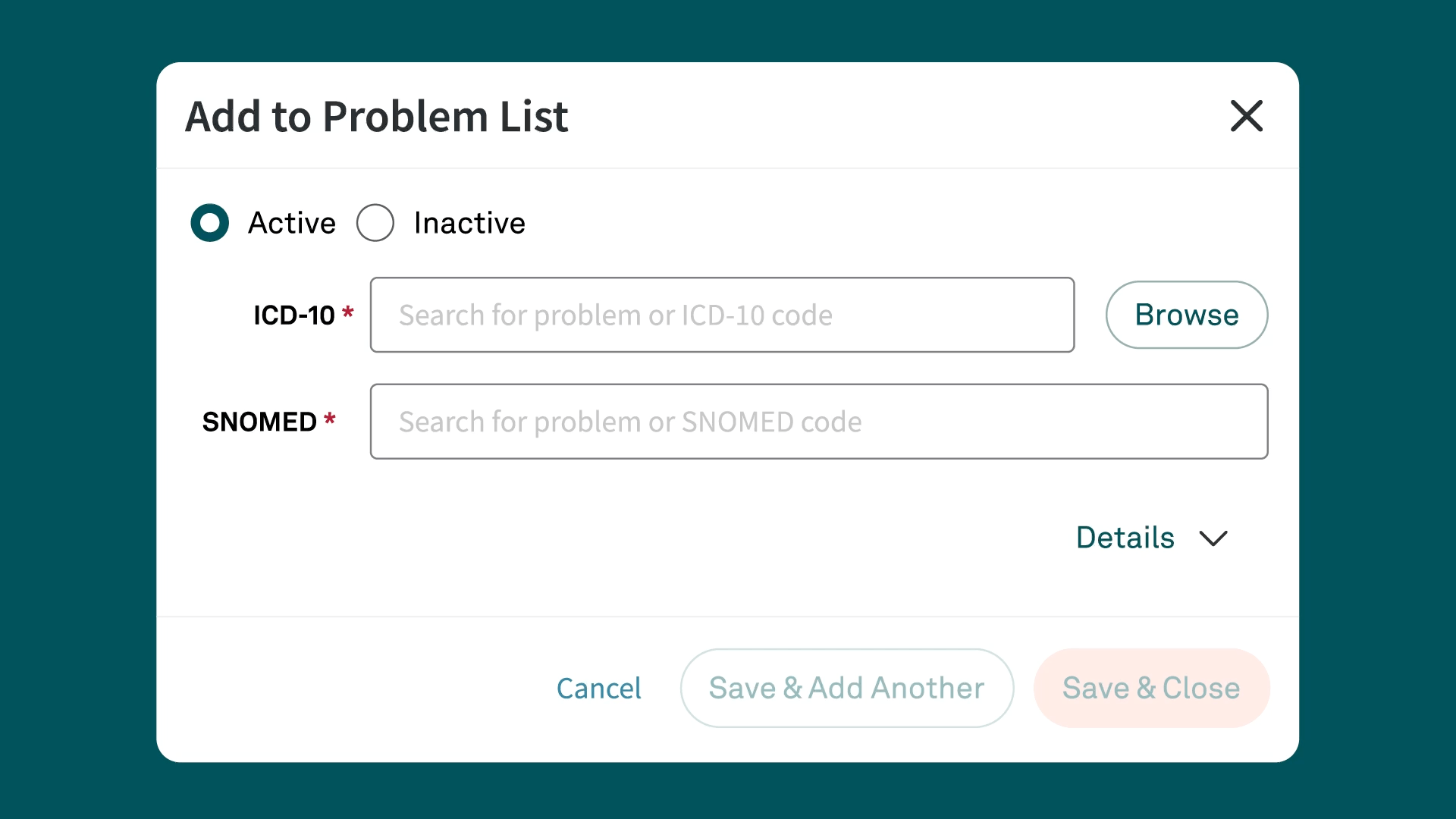ICD-10 Code I25.2
Old myocardial infarction
What is the code I25.2?
The ICD-10-CM code I25.2 refers to "old myocardial infarction." Code I25.2 is an International Classification of Diseases, 10th revision, Clinical Modification (ICD-10-CM) code that healthcare providers and medical billers use to document and classify a past myocardial infarction (heart attack) that has been confirmed by medical history or findings from diagnostic tests, but does not require ongoing treatment.
Detailed description of I25.2
I25.2 falls under the broader category of chronic ischemic heart disease. It specifically identifies a myocardial infarction that occurred greater than 4 weeks prior to the current encounter and is now considered to be a resolved condition. This code is particularly relevant for cases where the myocardial infarction is no longer causing active symptoms or complications but is still a significant part of the patient's medical history.
Symptoms commonly associated with I25.2
Since medical providers and billers use I25.2 to document a past myocardial infarction, it does not typically involve current symptoms. However, patients with a history of myocardial infarction might have experienced symptoms such as chest pain, shortness of breath, fatigue, or other related symptoms during the acute event. These symptoms are not ongoing if I25.2 is the appropriate code for documentation.
Related and similar ICD-10 codes
- I21.9: Acute myocardial Infarction, unspecified
- I22.0: Subsequent ST elevation (STEMI) myocardial infarction of anterior wall
- I23.3: Rupture of cardiac wall without hemopericardium as current complication following acute myocardial infarction
- I25.10: Atherosclerotic heart disease of native coronary artery without angina pectoris
Appropriate usage and guidelines for I25.2
The code I25.2 should be used when a patient has a documented history of myocardial infarction that is greater than 4 weeks old and is no longer causing symptoms or requiring treatment. It is important to ensure that the myocardial infarction is confirmed by the patient’s medical history or diagnostic tests, such as electrocardiograms or imaging studies, before using ICD-10 I25.2. This code is valuable in providing context for potential cardiac risks or considerations in the patient's overall health management.
Common pitfalls in coding with I25.2
One common pitfall in using I25.2 is misclassifying a current myocardial infarction event. It is necessary to differentiate between an old myocardial infarction (which I25.2 represents) and an acute or recent event that has occurred within the last 4 weeks prior to the current encounter. I25.2 should only be assigned after the initial 4-week timeframe when the old or healed myocardial infarction does not require further care. Another potential mistake is using I25.2 when the myocardial infarction has ongoing complications or requires current treatment, in which case other codes might be more appropriate.
Key resources for I25.2 coding
- ICD-10 Data for detailed information on ICD-10 codes, including ICD-10 I25.2
- CMS ICD-10 Codes for official coding guidelines and updates
- AAPC ICD-10 Code Lookup for comprehensive code search
Conclusion
The ICD-10-CM code I25.2 is a specific code that providers and medical billers use to document a past myocardial infarction that occurred greater than 4 weeks prior to the current encounter and that no longer requires treatment. Using this code accurately is important for a comprehensive understanding of a patient's cardiac history and risk factors. By recognizing the appropriate application and avoiding common pitfalls, healthcare providers can ensure precise documentation and effective patient care.
Simplify ICD-10 code documentation with Tebra
Tebra’s EHR+ gives you quick searches and Systematized Nomenclature of Medicine (SNOMED) field names for efficient code documentation. Plus, Tebra automatically saves ICD-10 to SNOMED mapping for future searches, streamlining your workflow.

Discover how Tebra helps providers effortlessly document health-related issues and conditions in this detailed post.
Similar Codes
Stay Ahead with Expert Healthcare & Billing Insights
Get the latest industry updates, financial tips, and expert strategies — delivered straight to your inbox.
